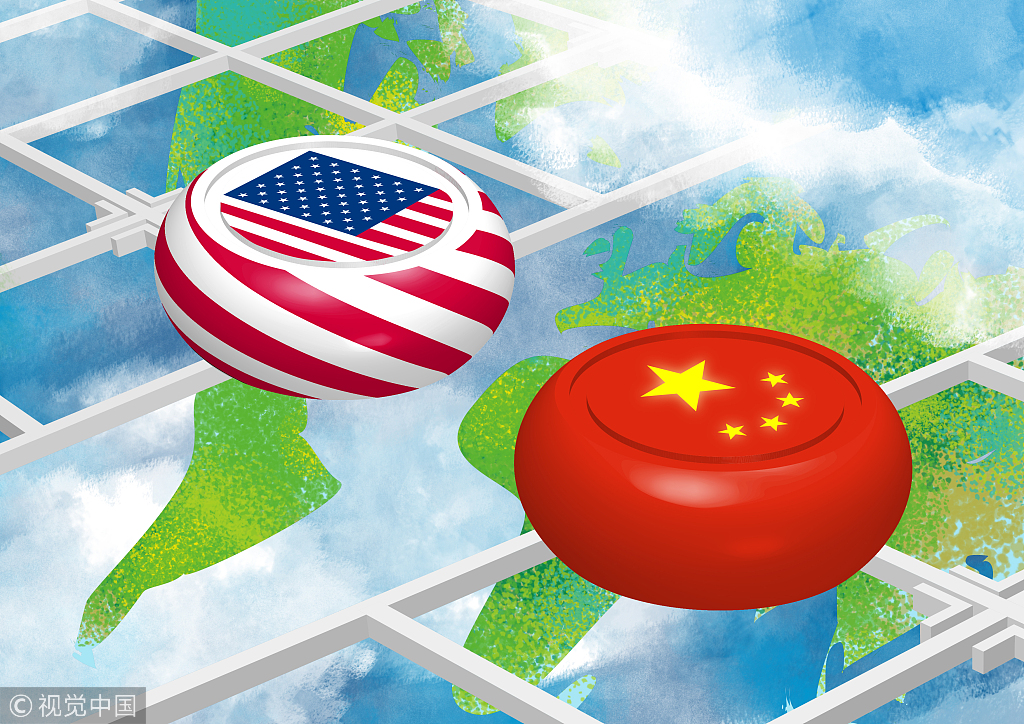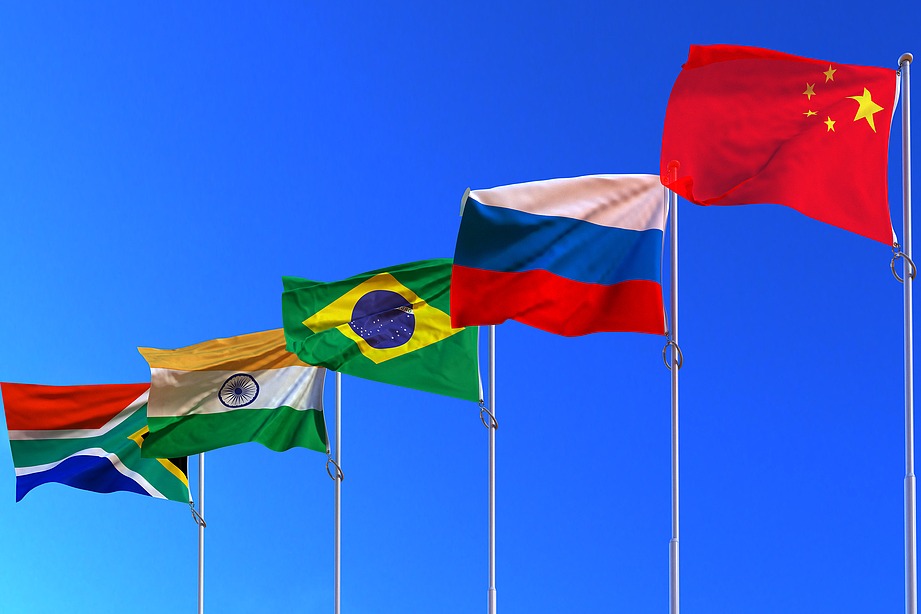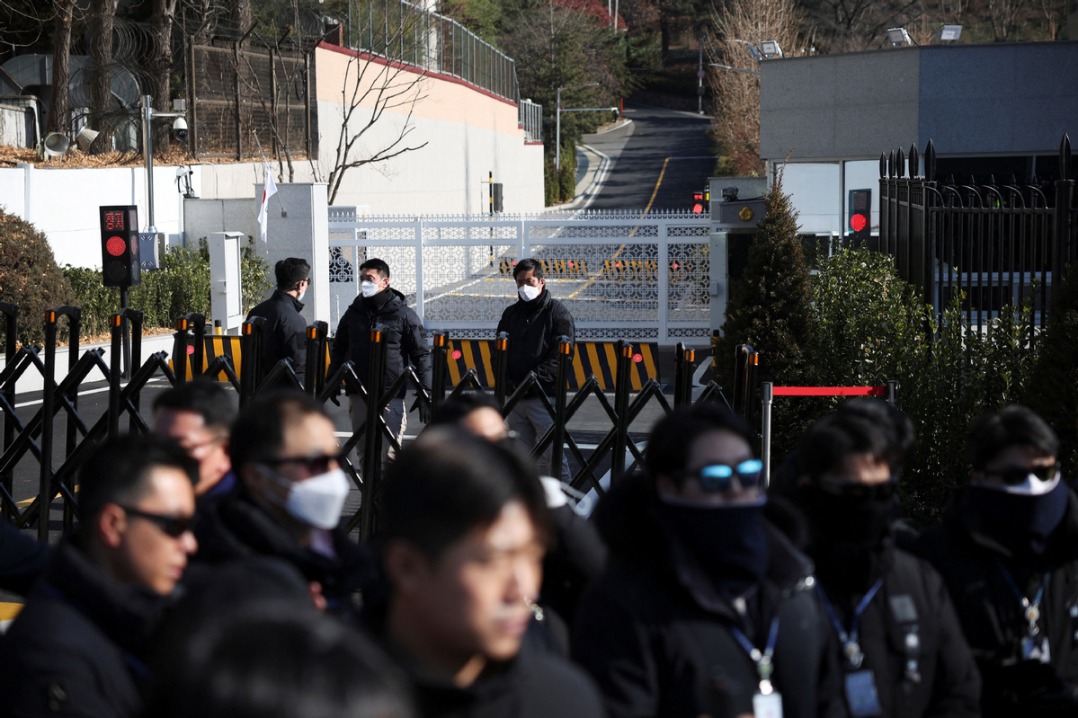US, China at crucial moment: Rudd


US-China relations are at a crucial moment and both sides need to think clearly about one another through the fog of perception and misperception, the former prime minister of Australia said in a speech on Wednesday, adding that the meeting of the two nations' leaders on the sidelines of the G20 summit bought valuable time for the two sides to resolve their differences.
"Are we now, as Graham Allison warns us, 'destined for war', or is a new strategic equilibrium now possible between the two?" Kevin Rudd, president of the Asia Society asked the audience at the Asia Society New York during a discussion on Wednesday.
He said to answer these genuinely hard questions, people from the both sides need to "think clearly about our values, our interests and our identity".
"They force us to think through carefully what is essential, what is non-essential, where should there be compromise, and what should remain contestable," he added.
Rudd urged that the question "must be analyzed and answered soon" because US-China relations are now in "potentially dangerous terrain — some sort of 'no man's land' between one set of strategic assumptions about each other that have stood for several decades, and a brave new world where everything may be up for grabs."
Rudd said before talking about the prospects on the future US-China relations, it's important to take a look at the state of the relationship at year's end in the aftermath of the Buenos Aires Summit.
Rudd said the meeting between US President Donald Trump and Chinese President Xi Jinping last weekend in Buenos Aires "bought valuable, though limited, time for themselves and the world".
At last weekend's dinner meeting in Argentina, the presidents agreed to suspend a planned hike in tariffs on $200 billion in Chinese goods to the US from 10 percent to 25 percent.
As for the China side, the Ministry of Commerce said on its website on Wednesday that China will start to quickly implement specific items where there's consensus with the US and push forward on trade negotiations within the 90-day timetable and road map.
Rudd said there are five complex policy disagreements to work through before the deadline of March 1, 2019 including the bilateral trade imbalance, market access restrictions, intellectual property protection, technology transfer and technology competition.
He said besides setting a deadline to resolve those problems, the 90-day pause would also give the two leaders some time for the domestic economy issues.
"By March, Trump will have a fuller idea of the lay of his domestic economic and political landscape. He will then know the extent of any significant softening in the economy already induced by monetary policy tightening by the Fed," said Rudd.
Rudd said he thinks there's a possibility that China will champion global free trade and arresting the global trend toward protectionism that currently threatens the wider global economy with a bold announcement on trade liberalization across the board.
Chinese economic reformers have seen the greater introduction of wholly-owned foreign financial institutions into the Chinese domestic market as being a new way of grafting these market disciplines onto the Chinese system, he added.
"This year, for example we have seen a number of foreign investment limitations eased for entry into China's $45 trillion financial services sector," said Rudd.
Rudd said that right now, what he concerned the most is the misunderstanding and misperception between the people of the two nations.
"We need to be careful about the manner in which it (debate about each other) is conducted in both our countries," said Rudd.
Contact the writer at [email protected]

































